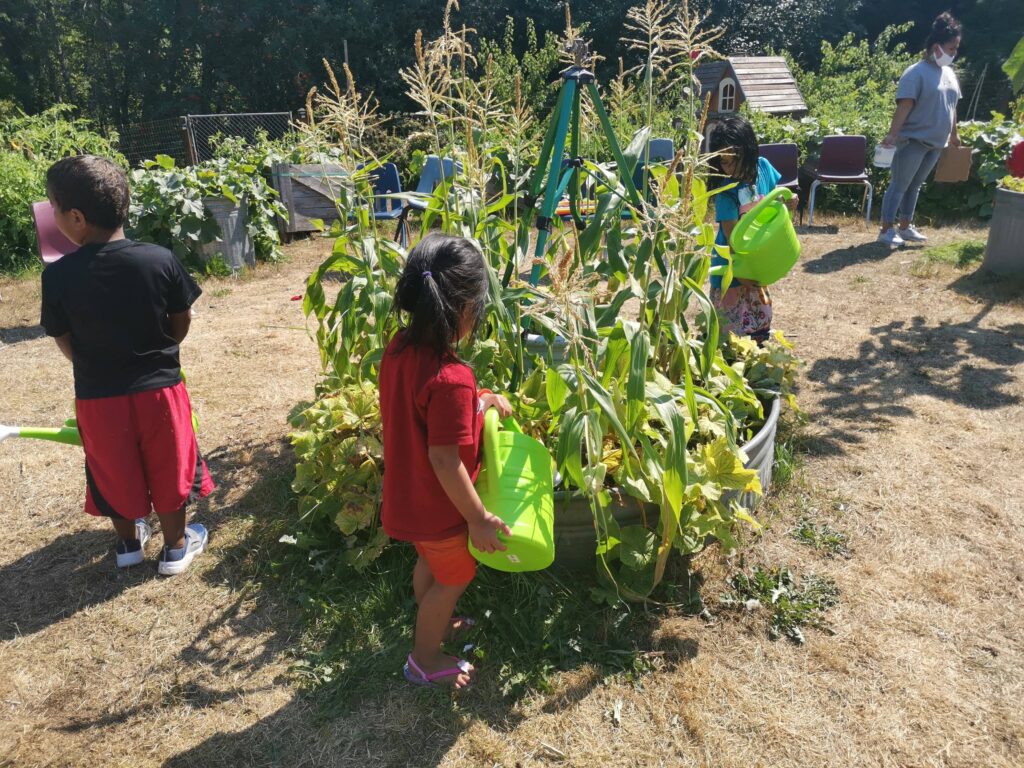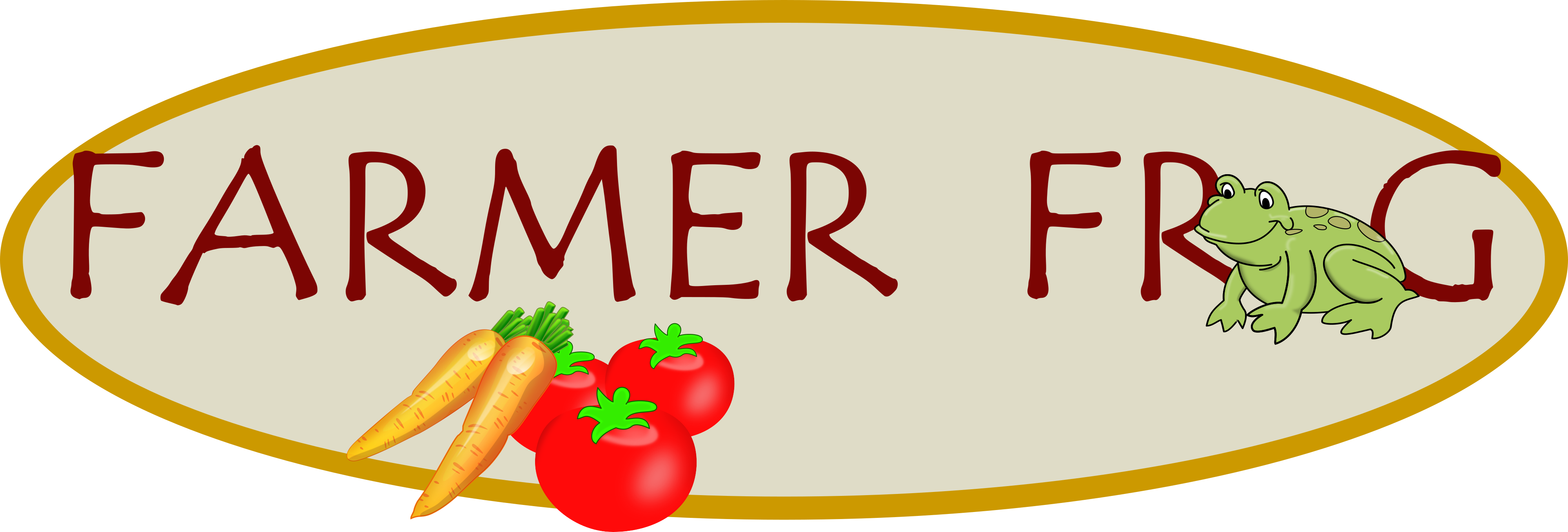Education
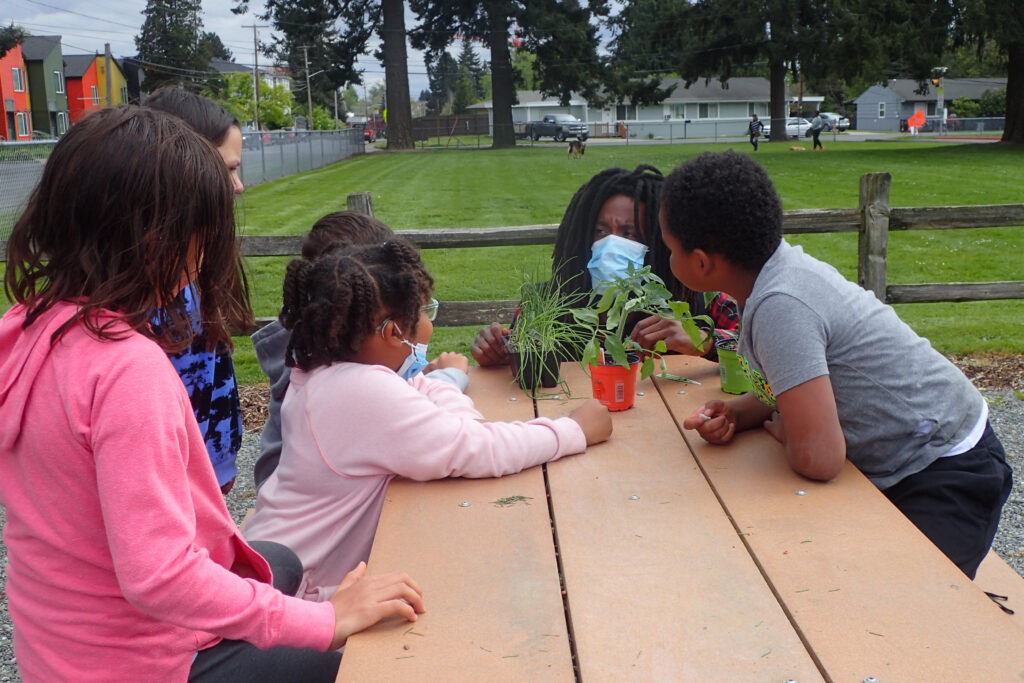
Growing Together: Learning Through Partnerships
At Farmer Frog, we believe learning should be joyful, meaningful, and rooted in real experiences. That’s why we team up with K–12 schools, colleges and universities, and community partners to create hands-on learning adventures that connect people to the land, to each other, and to the wonder of growing food.
Learning That Comes to Life
When students get their hands in the soil, something magical happens—science, art, and curiosity come alive. Whether they’re planting seeds, exploring ecosystems, or harvesting vegetables, learners of all ages discover how classroom concepts connect to the real world. Our programs are designed to spark imagination, deepen understanding, and build confidence through experiential, project-based learning.
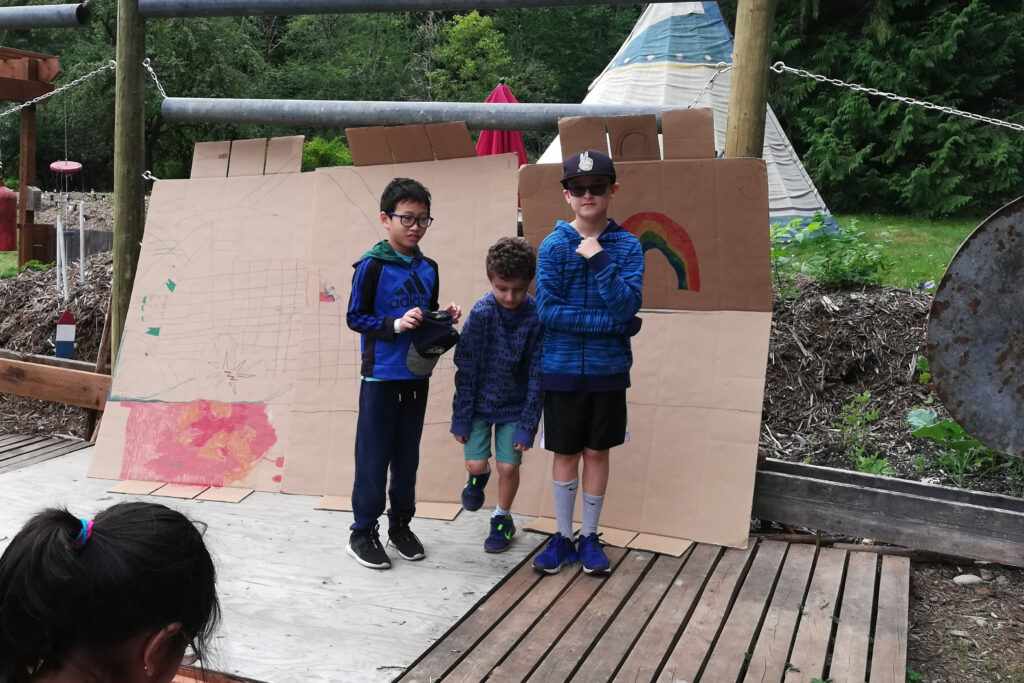
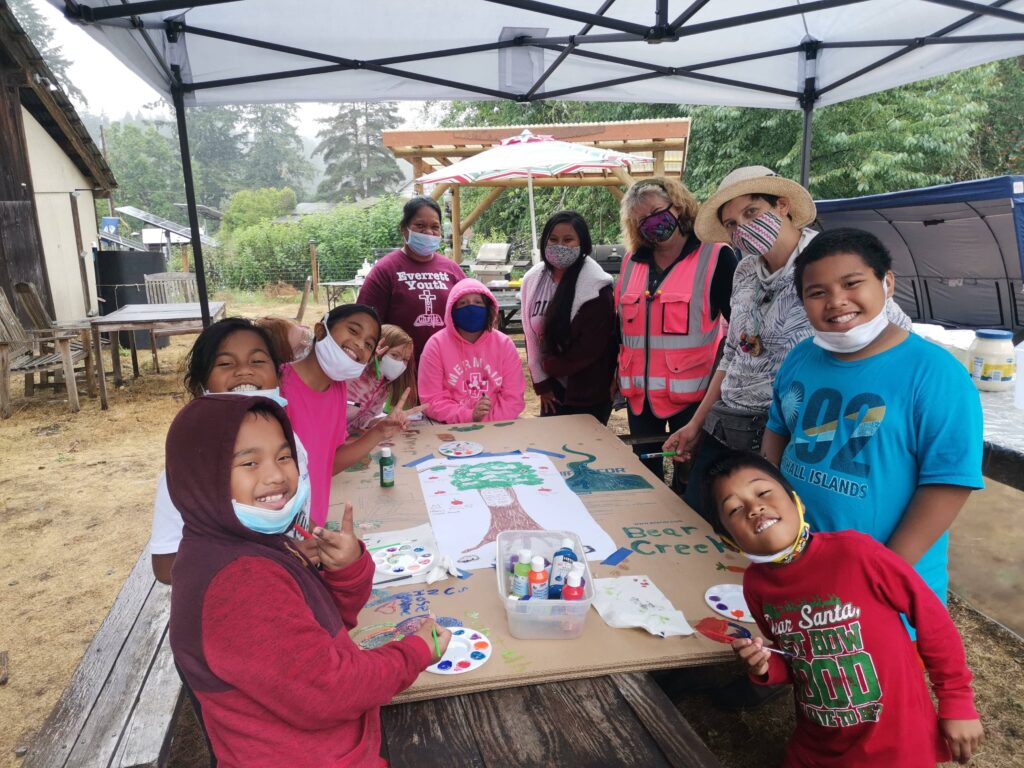
Inspiring the Next Generation of Growers and Leaders
With fewer young people entering farming, we’re on a mission to inspire the next generation of growers, innovators, and changemakers. Through our programs, students explore the importance of food systems, sustainability, and community care—while building valuable skills in STEM, art, and leadership.
SOIL to STEM
Social Outreach Innovative Learning to Science Technology Engineering and Math empowers students to see learning as a living, breathing process. By weaving real-world experiences into the classroom, we spark curiosity and inspire future problem solvers.
This curriculum integrates hands-on agricultural education into STEM learning, addressing gaps in eperiential learning and food literacy. Many students lack access to outdoor, project-based education that connects science, sustainability, and nutriton. This program enhances school gardens, develops curriculum, and trains educators to improve STEM accessibility.
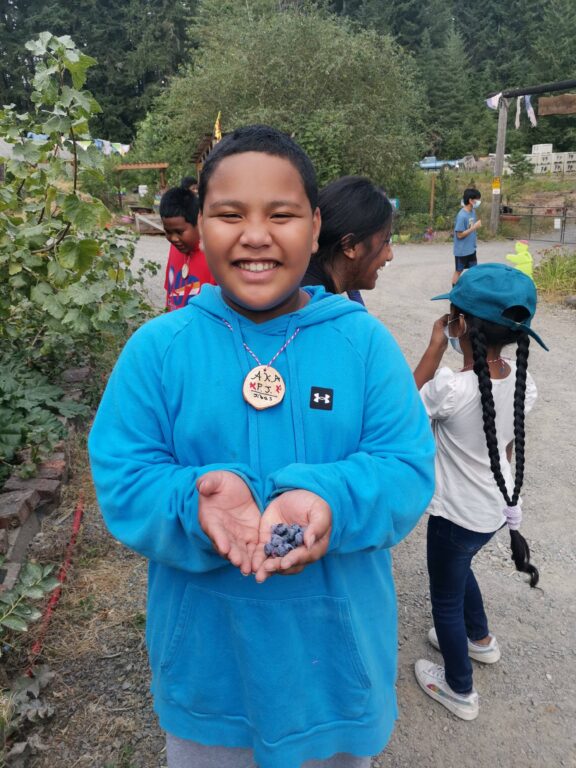
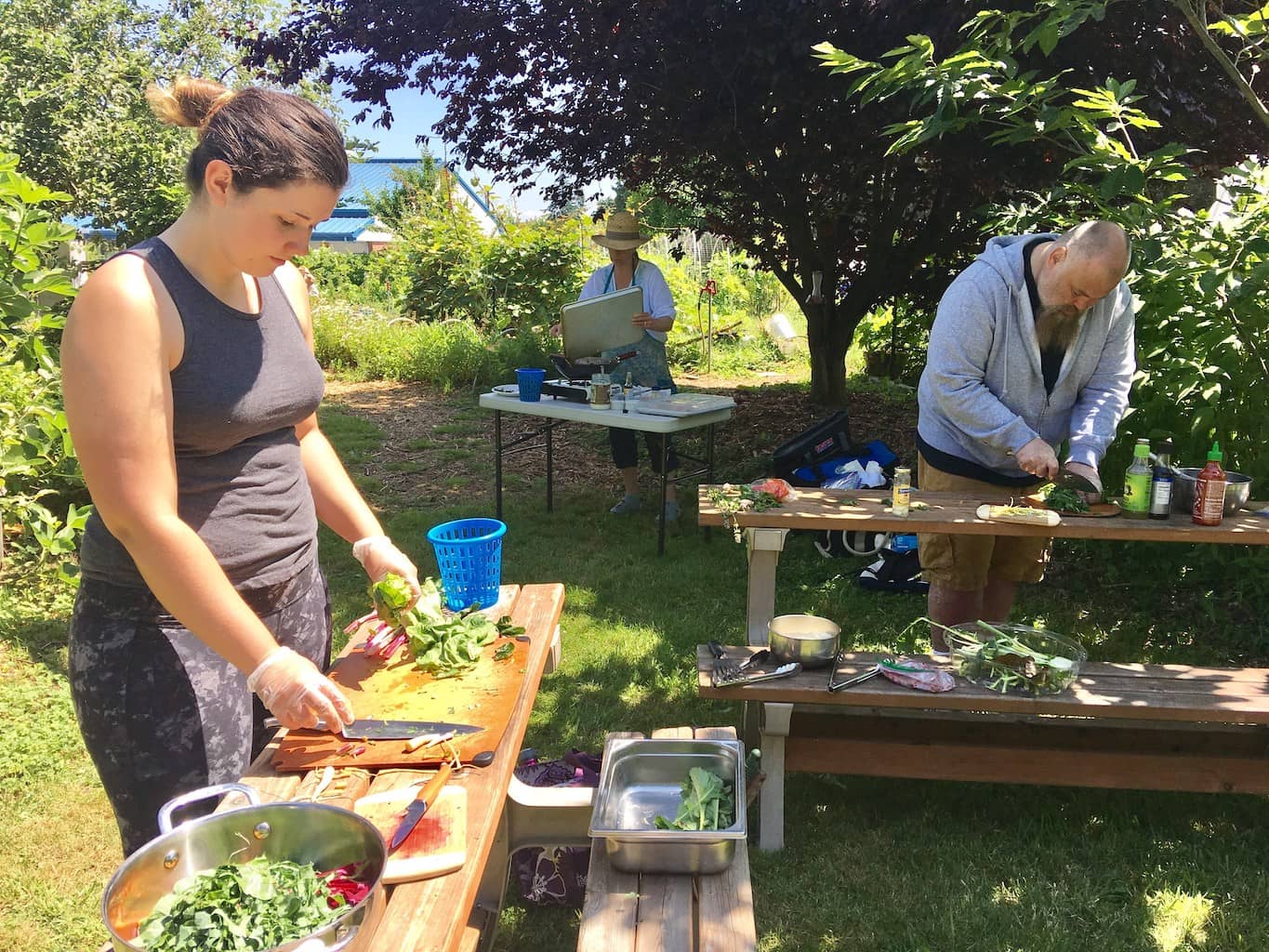
Partnering for Impact
We love working side-by-side with:
– K–12 educators to bring school gardens and outdoor classrooms to life
– Career and Technical Education (CTE) programs to open doors to green careers
– Colleges and universities to support research, service learning, and teacher training
– Community organizations to co-create programs that reflect local voices and values
We also offer teacher externships that provide STEM clock hours and immersive professional development. Educators experience our SOIL to STEM model in action and leave with tools to bring garden-based learning into their own classrooms.
Farmer Frog is also a Washington State PESB-approved clock hour provider, meaning educators who participate in our programs can earn the professional development hours required for certificate renewal. Because Washington teachers must complete 100 clock hours every five years, including STEM-focused hours, Farmer Frog’s hands-on, nature-based curriculum directly supports both student learning and educator recertification needs.
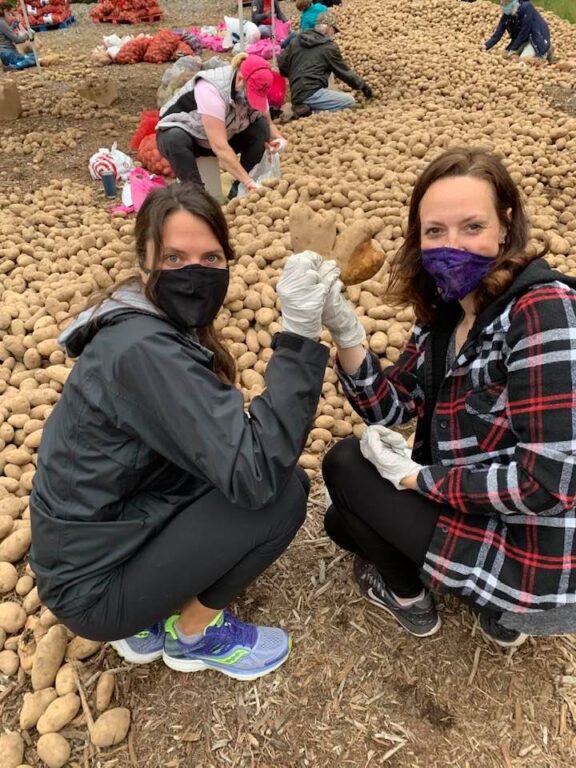
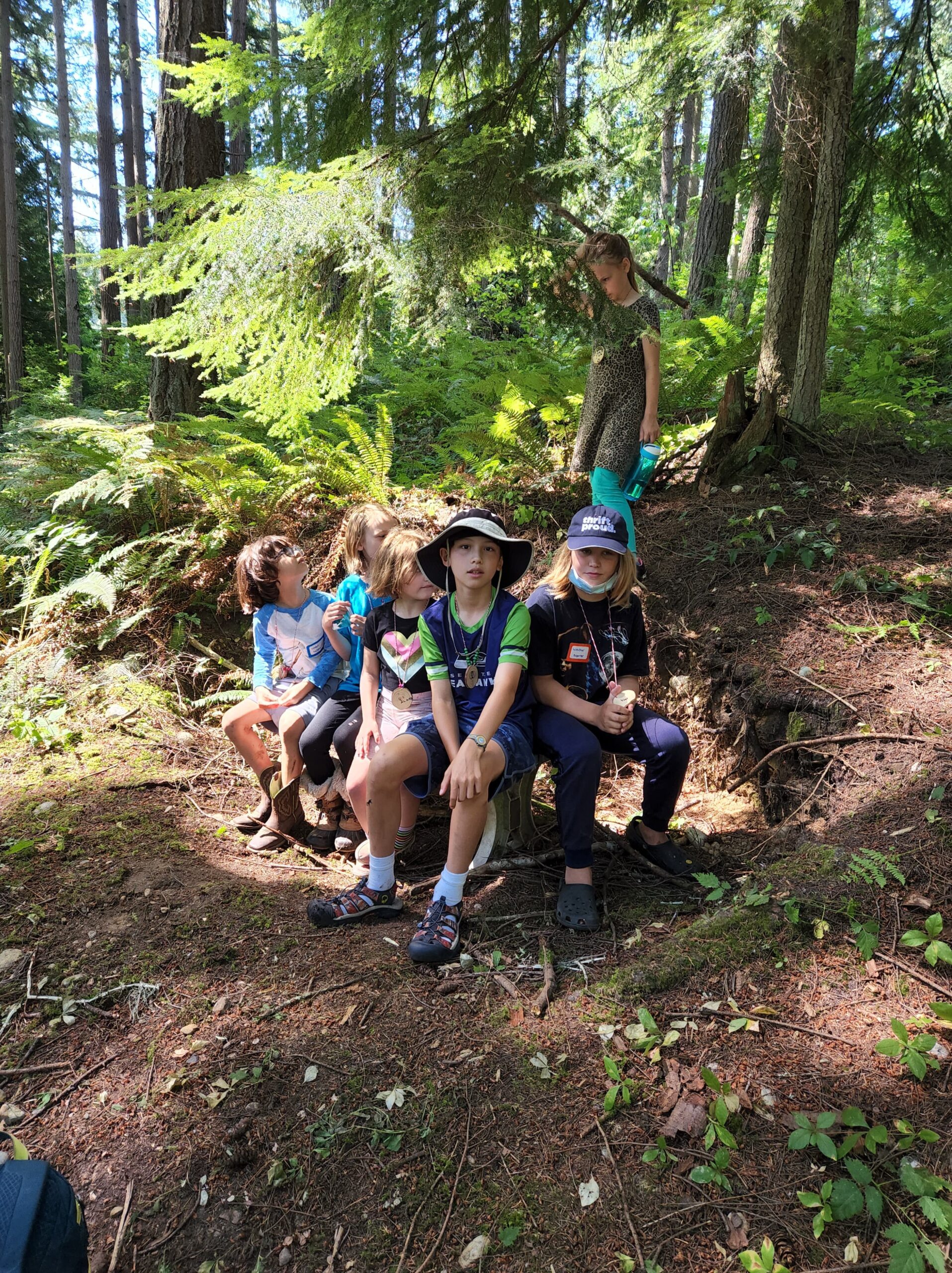
Summer Camps: Where Learning Feels Like Play
Our summer camps are full of laughter, discovery, and connection. Campers explore the farm through storytelling, games, art, and hands-on activities that build a sense of belonging and wonder.
Each day includes:
– Morning free-choice time and opening circle
– Nature hikes, games, and quiet reflection
– Farm tasks, harvesting, and creative projects
– Nutritious snacks (please pack a lunch)
– A closing circle to share and celebrate
Camp is a place where kids can be themselves, make new friends, and fall in love with the natural world.
Let’s Grow Something Beautiful—Together
Whether you’re a teacher, student, parent, or community leader, we’d love to partner with you. Together, we can grow a future where learning is rooted in sustainability, creativity, and joy.
Reach out to us to explore partnership opportunities
Check our calendar for upcoming programs and professional development
